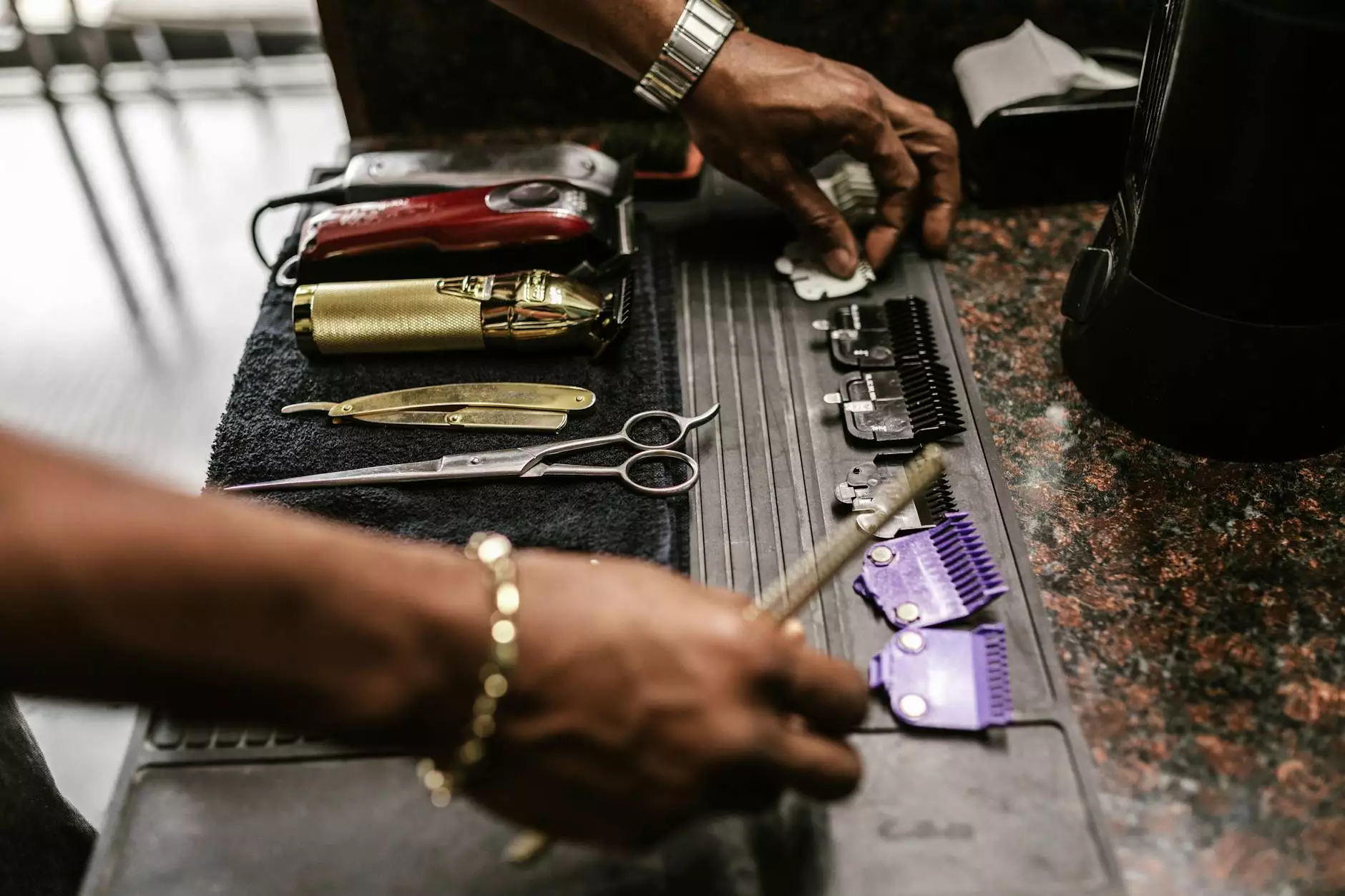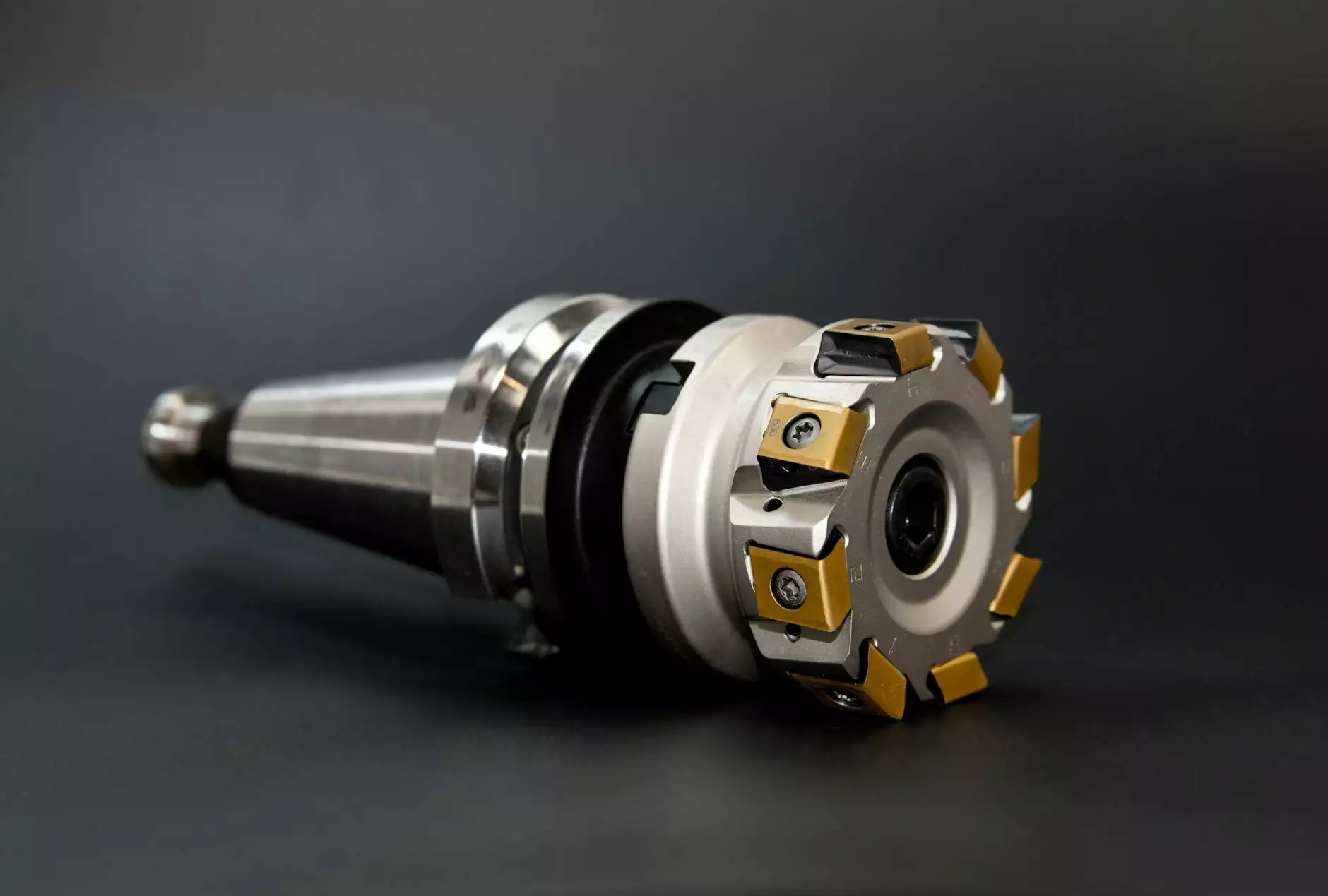Buying Surgical Tools: A Comprehensive Guide for Medical Professionals

In today's rapidly advancing medical landscape, the importance of buying surgery tools cannot be overstated. The right surgical instruments can be the difference between a successful procedure and complications during surgery. This guide aims to provide an extensive overview of essential factors to consider when purchasing surgical tools, ensuring that medical professionals are equipped with the best resources for patient care.
The Importance of Quality Surgical Instruments
When it comes to surgery, precision and reliability are paramount. High-quality surgical instruments facilitate accurate and effective procedures. Here are some reasons why quality matters:
- Enhanced Patient Safety: Utilizing well-made instruments minimizes the risk of errors during operations.
- Durability: Quality tools withstand repeated use, ensuring that they remain effective over time.
- Improved Efficiency: High-grade tools allow for smoother operations, saving time for medical professionals and patients alike.
Key Types of Surgical Tools
Understanding the various types of surgical tools is essential for making informed purchasing decisions. Here are some categories of surgical instruments to consider:
1. Cutting Instruments
Cutting instruments are vital for making incisions and excisions. Common examples include:
- Scalpels: Precision instruments with a sharp blade for making incisions.
- Scissors: Used for cutting tissue and sutures, available in various designs.
2. Grasping Instruments
Grasping instruments allow surgeons to hold or manipulate tissues. Essential instruments in this category include:
- Forceps: Used to grasp, hold, or manipulate tissue.
- Pincers: Help in holding materials such as gauze or sutures.
3. Clamping Instruments
These instruments are crucial for controlling bleeding and handling tissue. Some key examples are:
- Hemostatic Clamps: Designed to occlude blood vessels.
- Blocking Forceps: Great for grasping and compressing the tissues.
Factors to Consider When Buying Surgical Tools
When investing in surgery tools, there are several critical factors to keep in mind:
1. Compliance with Standards
Ensure that all surgical instruments comply with industry standards and regulations, such as:
- FDA Approval: Check if the instruments are approved by the Food and Drug Administration for safety and efficacy.
- ISO Certification: Look for products certified to international standards for quality management.
2. Material Quality
The materials used in the manufacturing of surgical tools significantly affect their performance and longevity.
- Stainless Steel: The most common material known for its resistance to corrosion and high strength.
- Carbon Steel: Offers an edge for sharpness but may require additional care to avoid rust.
3. Ergonomics
Instruments should be designed for comfort and ease of use. This ensures that surgeons can operate for extended periods without discomfort. Consider:
- Handle Design: Instruments with textured or contoured handles provide better grip.
- Weight: Lightweight tools reduce fatigue during surgeries.
Where to Buy Quality Surgical Tools
Finding a reliable supplier is a crucial step in acquiring quality surgical instruments. Consider the following options:
1. Established Medical Supply Companies
Reputable medical supply companies offer a wide range of high-quality surgical instruments. Reviews and ratings from other healthcare professionals can provide insights into their reliability.
2. Online Platforms
The proliferation of online medical instrument suppliers has made it easier to find specific surgical tools. Ensure you:
- Research the Seller: Look for credentials, customer reviews, and return policies.
- Check Product Descriptions: Carefully review all specifications and usage instructions before purchasing.
3. Trade Shows and Expositions
Attending medical trade shows can provide opportunities to see instruments firsthand and interact with manufacturers. It's a great way to stay updated on the latest innovations in surgical technology.
Ensuring Proper Maintenance of Surgical Tools
Once you have chosen the right surgery tools, proper maintenance is crucial to their longevity and functionality. Here are some best practices:
- Regular Cleaning: Follow manufacturer recommendations for proper cleaning protocols after each use.
- Inspection: Routinely inspect instruments for signs of wear and damage.
- Proper Storage: Store tools in a clean, dry environment to avoid corrosion and damage.
Conclusion
In conclusion, the decision to buy surgery tools is pivotal for healthcare professionals. By focusing on quality, understanding the different types of instruments, and considering the crucial factors outlined in this guide, medical professionals can enhance their practice's efficacy and ensure the safety of their patients. Always prioritize safety and reliability in your investments in surgical instruments—your patients depend on it, and your reputation as a healthcare provider relies on delivering the highest standard of care.
Final Thoughts
Whether you are a seasoned surgeon or just starting in the medical field, knowledge is your most powerful tool. By arming yourself with comprehensive information about surgical instruments, you can make informed decisions that will significantly impact your practice and the lives of your patients. Always stay updated with the latest trends in medical devices to ensure you are making the most effective choices for your surgical needs.









